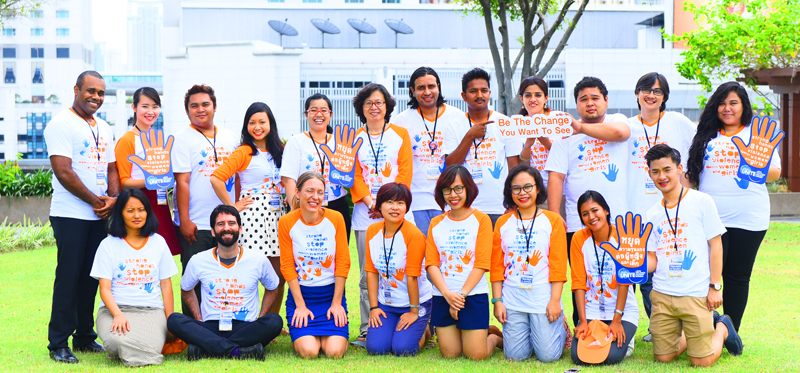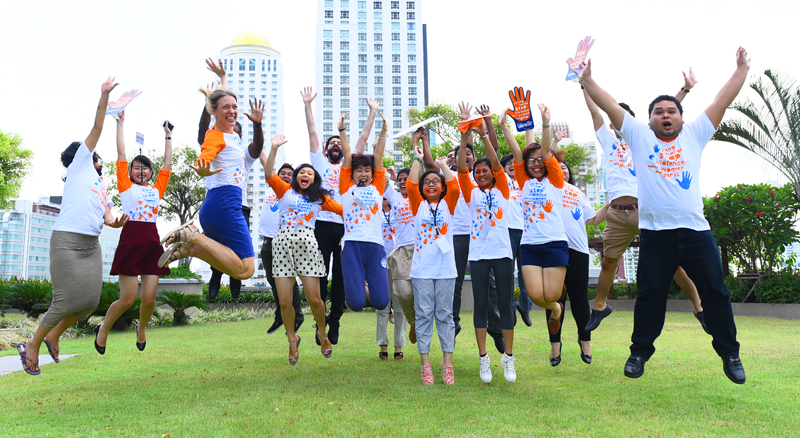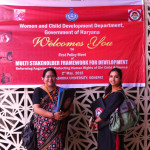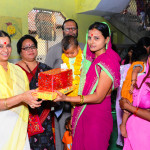Amitabh Kumar, joined a team of global change makers in Bangkok to discuss UnWomen’s young activists toolkit for ending violence against women and girls. The three day workshop was an amazing experience here is a short blog on the toolkit.


What is the difference between “power to” and “power over”? How can I stand up for myself in everyday life? How do healthy relationships look like? Is it okay for me to watch pornography? Are there jobs which men can do that women cannot? As an adolescent you have so many questions and doubts and many of them are directly related to issues of gender, sexuality and violence. Not everyone however grows up in an environment where it is common to discuss these matters in a space of equality.
In order to provide some entry points for such discussions, UNiTE has issued a powerful leaflet called “The Change Makers: A Young Activist’s Toolkit For Ending Violence Against Women and Girls”. This leaflet is part of UNiTE to End Violence against Women campaign is a campaign run by The United Nations Secretary-General. It aims to raise public awareness and increase political will and resources for preventing and ending all forms of violence against women and girls in all parts of the world. The leaflet is essentially a toolkit for a three-day workshop with young people, but can also be used to do individual exercises with them.


The biggest strength of the toolkit is that it is designed in a highly approachable manner for young people. It includes topics which they can relate to, such as in chapter 3 which is called “healthy relationships”. Furthermore it is written in a refreshing language which centralizes the choices and views of the youngsters themselves in the debate. Although the topics are serious, it is written in a straight forward manner and with a good amount of humor. In one exercise the participants are for example asked to act out a role of an influential person in the making of our gender realities. The example which is given is that of Angelina Jolie. Here two possible positions of Angelina on gender are given. The first reads; “I am Angelina Jolie. I think all women should look beautiful”, whereas the second is: “I am Angelina Jolie. I know I have influence through my work. I use my resources and my work to promote gender equality”. Lastly, it connects to the realities of young people of today as it deals for example with dilemmas such as whether they want to publically announce details about themselves and their relations on online media.
Most importantly the leaflet sets a good example for how gender education can be introduced to a young audience. If implemented successfully, it will bring about a positive change in the attitudes of the upcoming generation towards gender relations and a decline in gender violence.
“It was an inspiring experience to be in the company of such dedicates leaders, I hope to continue working in collaboration. Really appreciate the support from UNwomen to make #Unite a reality” Amitabh Kumar
A young activist’s toolkit for Ending Violence against Women and Girls
Looking forward to reading your blogs, you can mail us your entries at WriteWithUs@csrindia.org, or upload them at Write With Us.
Donation for Centre for Social Research to Join our effort in rehabilitating Domestic Violence
Discuss this article on Facebook




